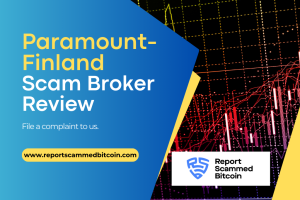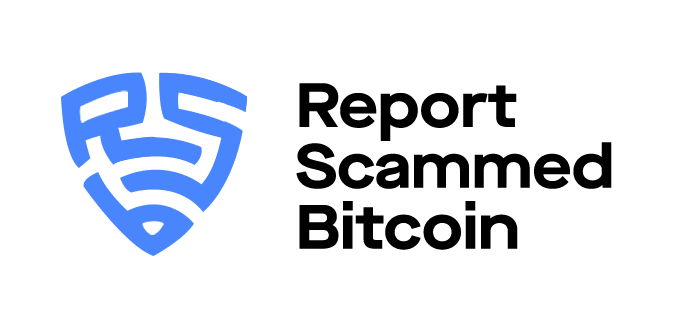Scams involving money targeting older people are expensive, prevalent, and on the increase. According to the Federal Bureau of Investigation (FBI) findings, 92,371 older people fell victim to fraud in 2021, resulting in losses of $1.7 billion. Compared to 2020, this is a loss increase of 74%.
Why do financial con artists prey on older people?
Fraudsters and con artists tend to target older people because they assume that this demographic has a substantial amount of money saved up in the bank. However, the scammers not only target older people or wealthy elderly Americans. Fraudsters may also affect more senior people who have limited financial means.
As a result of the difficulty in reporting or prosecuting financial fraud, the law sees this kind of criminal activity as a “low-risk” offense. On the other hand, they are heartbreaking for many older individuals. They may put them in a situation where they are vulnerable and have little capacity to recover from their losses. If you notice any activities such as this, report a scam with Report Scammed Bitcoin to let people know about the fraud, and also, you can get recovery guidance from the experts.
Steve, a 65-year-old retired man, lives alone. Unfortunately, people like Steve are the primary target of this kind of scam. They gather data about these older people, call them, lure them and make them believe in the scammer.
Steve received a surprise call regarding an investment opportunity shortly after his wife passed away. The cold callers had a very polished tone and appeared to be well-knowledgeable about financial things. They responded to all of Steve’s inquiries, and senior advisors’ called them after their initial contact. Given his superannuation funds’ poor performance, Steve decided to investigate this new investment prospect. However, he didn’t consider telling anyone else about the investment potential.
One of the essential things you can do to safeguard yourself is to steer clear of making hasty choices regarding your money. You shouldn’t feel obligated to answer immediately to any offers or demands, particularly if you have doubts about the credibility of the person trying to get in touch with you. It is crucial to keep in mind that reputable companies and government agencies will never pressure you into making a snap choice.
Over the following year, Steve transferred money to the “investment professionals,” first with $10,000. The fraudsters directed him to a website with a very polished appearance, where he created a login account and saw his money’s value rise as the market “went up.” He increased his investment to $200,000 because he was confident the technique was working. When the website fell, and he could not access his account or call the offshore group, he only realized the investment program was a hoax.
The company was phony and not registered with the Australian Securities Investment Commission (ASIC), which he later learned after researching. Still, he was too ashamed to notify anyone or report it to the police because of his embarrassment. Police contacted him after finding his name on bank transfers to notorious criminals.
After becoming a fraud victim, you may need to be more cautious in the future. The environment around you might all of a sudden seem to be more dangerous. Perhaps you have the preconceived notion that other individuals are dishonest, cunning, and harbor ill will toward you. Your perception of who you are might also change. You may now see yourself as weak and an easy target. The event may negatively impact your emotional and physical health through anxiety.
If you discover that a fraudulent plan has duped you, you should immediately cut off all communication with the person who tricked you. In addition, maintain a vigilant watch on your accounts, including your bank account, for any unusual activity. Finally, you should update your passwords if you are concerned that someone may have gained access to your online accounts.
While everything about the scenario is fresh, write down whatever you can remember. For instance, if you fell prey to a con artist who went door to door, you should note the person’s appearance and the company they claimed to be representing. Also, make a note of the date and the time. If you decide to make a report later, all of this information may come in handy.
Since Steve became aware of the deception, con artists who have made promises to assist him in retrieving his money from the first investment have continued to approach him. This time, Steve decided to contact the authorities, who informed him that the call he was receiving was a “follow-up scam” and cautioned him to anticipate receiving more calls of this kind due to the likelihood that the fraudsters had shared his identity with further offenders.
Steve did the same thing mentioned above and submitted several reports on different websites. Including Report Scammed Bitcoin. When he received a call from Report Scammed Bitcoin, he thought it was another phony service. But then, he studied them and found them trustworthy. He took help from their free consultation. They provided him with some good suggestions and recommendations on some trusted third parties. These websites help people recover lost funds and suggest always looking at RSB’s updated investment scammer lists or any other scam reporting website before making further investment decisions.
File A Complaint Against Scam Broker's
Report Scammed Bitcoin always maintains several updated lists of scammers in different categories such as investment blacklist, forex scammer list, cryptocurrency scammer list, unauthorized brokers by FCA, HYIP blacklist, etc. Also, they have a blog section where they put updated blogs and news to let the visitors know about updated scam trends.
Real & Helpful Stories

Is Paramount-Finland.com Legit or A Scam Broker?
No, Paramount-Finland is not a legitimate broker, and there are several red flags to be aware of that indicate this. Here’s a closer look at

Is Shearings-Agency.com Legit or A Scam Broker?
There are strong indications that Shearings-Agency is a scam broker. Here are some red flags to be aware of: Unclear Business Model: Information about Shearings-Agency’s

Is MTCSFCoins.com Legit or A Scam Broker?
MTCSFCoins is a scam broker. Here’s why you should avoid them: Unrealistic Profit Guarantees: MTCSFCoins likely promises high returns with little risk. This is a


